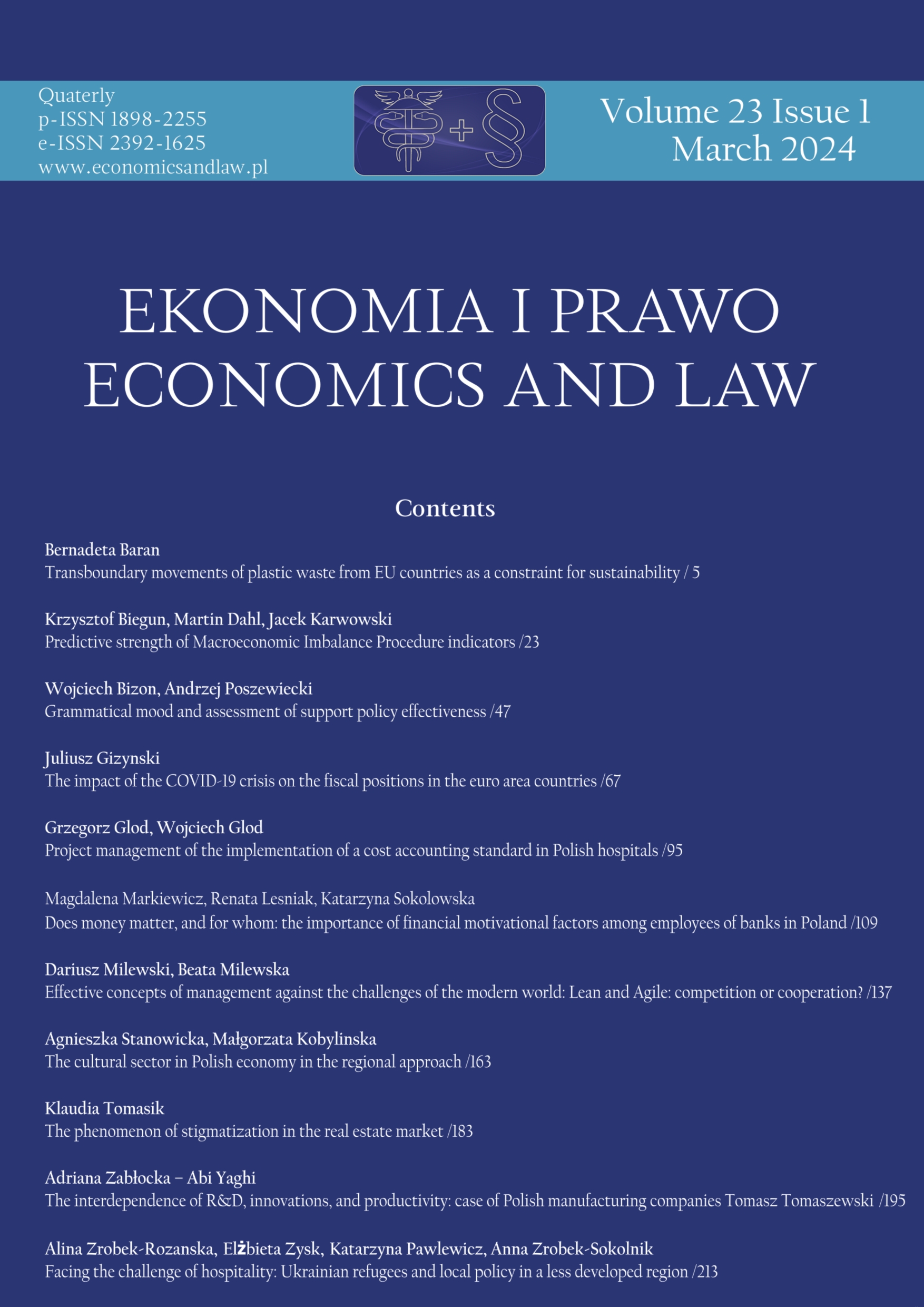Transboundary movements of plastic waste from EU countries as a constraint for sustainability
Transboundary movements of plastic waste from EU countries as a constraint for sustainability
Author(s): Bernadeta BaranSubject(s): Energy and Environmental Studies, Environmental and Energy policy
Published by: Wydawnictwo Naukowe Uniwersytetu Mikołaja Kopernika
Keywords: lastic waste; circular economy; sustainability;
Summary/Abstract: Motivation: In the face of contemporary environmental and economic challenges, a tran- sition to more sustainable global plastics economy is crucial. Countries are implementing circular economy solutions, but one of the common problems is so called “waste tour- ism” — export of plastic waste to other countries, often less developed. It contributes to global environmental problems but frequently surfaces also as inefficient resource management/trade and an ethical question as well. Transboundary movements of plastic waste from EU countries should be based on the principles set out in the Basel Conven- tion which entail minimizing and disposing all kind of waste in an environmentally sound manner, minimizing the amount of waste transported and treating and disposing it as close as possible to its place of origin. Unfortunately, European plastic waste is exported in large quantities, often to less developed countries and not processed in accordance with European standards. Aim: This paper aims to identify the volume and directions of UE countries export patterns of plastic waste, its impact on the Sustainable Development Goals and trends in global and EU rules on transboundary plastic waste movements. The considerations are based, to a great extent, on literature on the subject-matter and secondary data, i.e. export data under the trade code 3915 (Waste, pairings and scrap of plastics) derived from the UN Comtrade and Eurostat Database, SDGs data derived from Sustainable Devel- opment Report 2022 and UN database and main legal basis for the international trade in plastic waste (the Basel Convention with its recent amendments) and its trends.Results: EU countries are still the leaders in exporting plastic waste, making it difficult to achieve the 12th SDG. Changes to the Basel Convention have not significantly affected the volume and destinations of EU plastic waste exports. They organize the categories of plastic waste but still leave an ample room for undesirable activities. Although the EU’s proposals are more restrictive, the most desirable solution is a complete ban on the export of plastic waste by EU countries outside the EU.
Journal: Ekonomia i Prawo. Economics and Law
- Issue Year: 23/2024
- Issue No: 1
- Page Range: 5-22
- Page Count: 18
- Language: English

